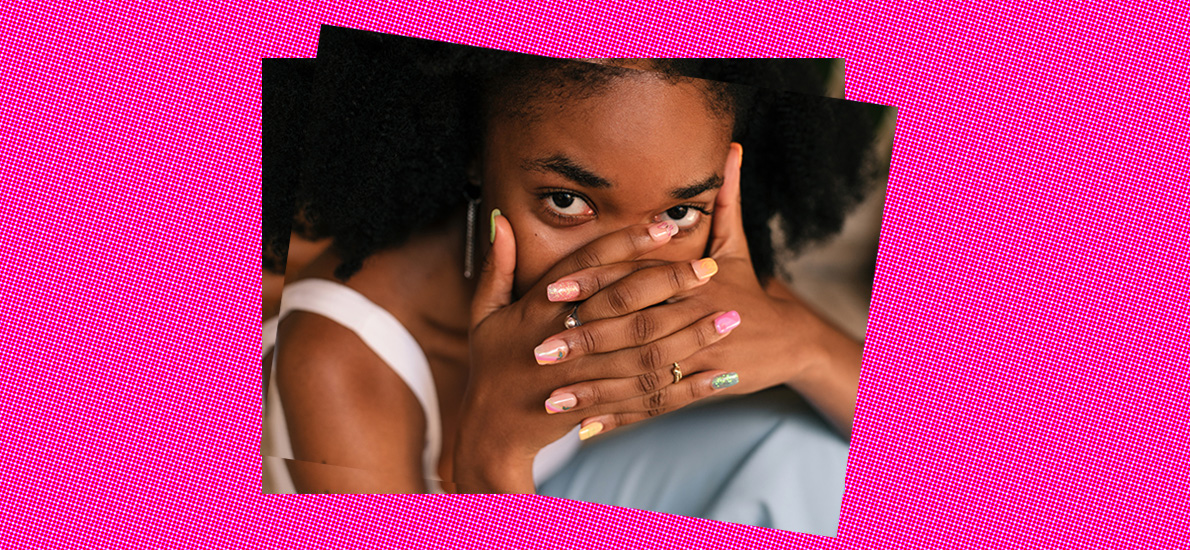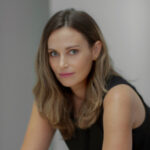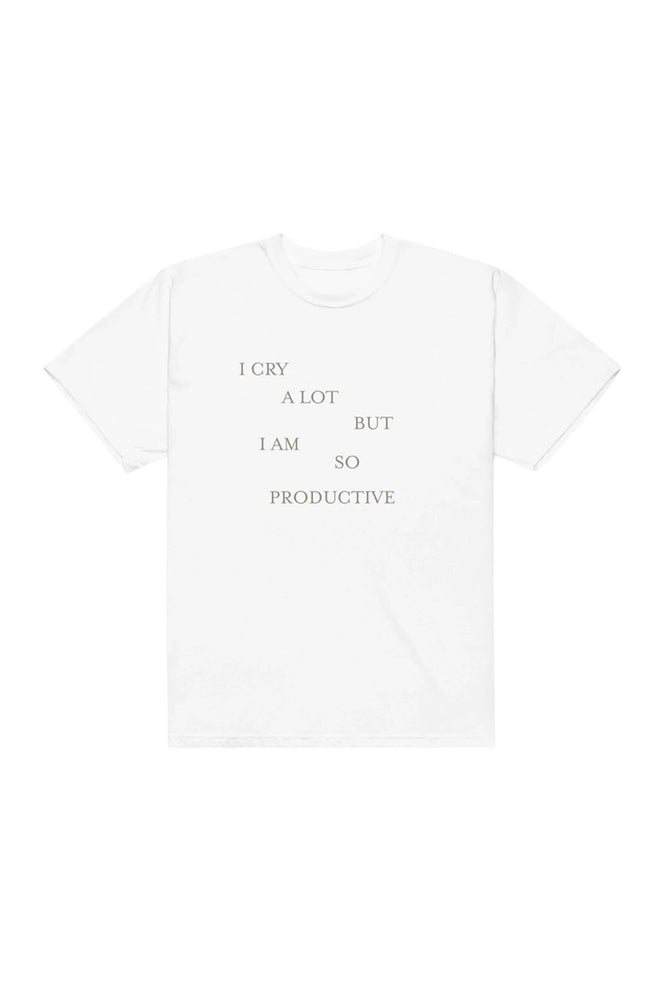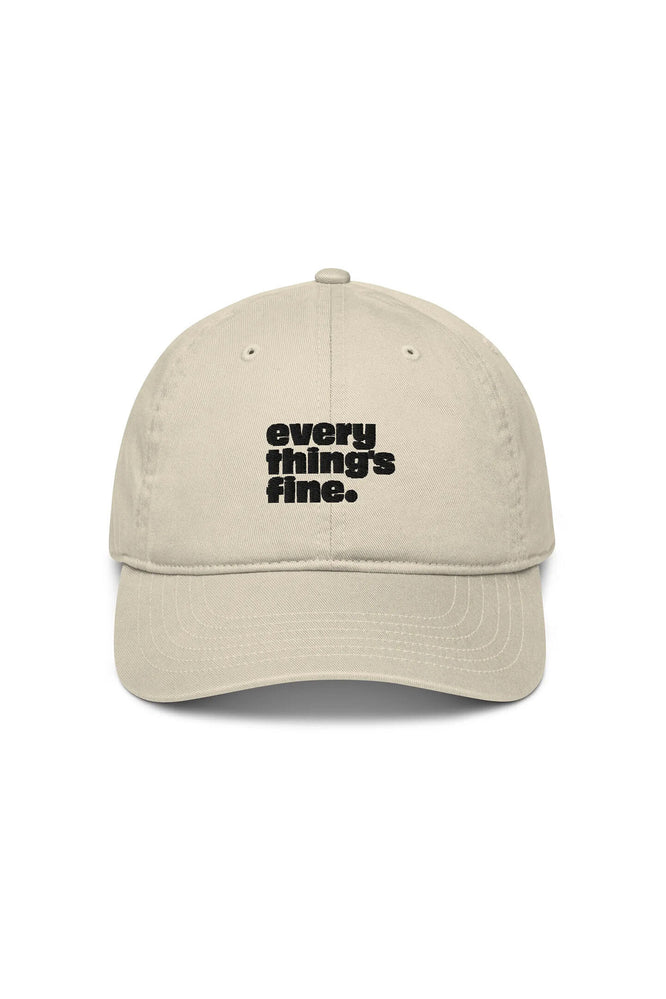We’re already a few months into the new year—how are you tracking your 2022 reading goals? Lagging behind yet? Was that #TBR list a little too lofty? What books are you embarrassed not to have read yet? That last question was one The New York Times posed to Outlander novelist Diana Gabaldon in a November interview amid the flurry of year-end best book roundups. It made my lip curl. The underlying sentiment, that there are books we should be embarrassed not to have read and that reading itself is a self-conscious act—a performance of one’s intelligence and cultural awareness—is one of the reasons I all but gave up books.
I have been a delinquent reader, a dormant bibliophile for much of my twenties and thirties. I went from child bookworm to adult with little desire to crack a spine. The book collection I cultivated as a teenager, dorkishly supplementing with titles I felt were missing from my high school curricula, was only occasionally tended after university. Were there years in which I read fewer than five books? Certainly. Under three? Maybe. Zero? I really don’t know—it’s not impossible. What I do know is books were not my go-to source of entertainment, not even close. When I needed to relax, I turned to the TV. Craving a sweeping epic, I watched a movie. Commuting to and from work, I listened to podcasts.
In 2019, something in me snapped. That year, I read over 50 books. Last year, it was around 90. It’s not that I suddenly found myself with an excess of free time or set myself an aggressive New Year’s reading goal. I haven’t learned how to speed-read. I don’t listen to audiobooks at double-time. And I certainly didn’t wake up one day, deeply embarrassed by all the books I had not yet read. I rekindled my love of books by reading what I loved. I say this like it’s simple, and I guess it is, but it didn’t feel simple. It felt radical. It felt like I became me again.
They say if you want to pick up a hobby as an adult, do what you enjoyed as a kid. So it only fits that my return to books was heavy on young adult fiction. I’m not precisely sure where I started, but I think it may have been with Jenny Han’s To All the Boys series, which I gorged on shortly after the first glorious movie dropped on Netflix. It was cozy and cute and clever. It was a faux fur blanket of a book, which is exactly what I needed in the winter of 2019.
At that point, I was on my thirteenth annual lap as an editor, and I was so tired. The previous year had been the most chaotic in my career thus far. Fresh off my maternity leave, I’d returned to work at a Canadian women’s magazine only to watch dozens of colleagues lose their jobs in an ugly corporate layoff known as the Rogers Red Wedding. Our editor-in-chief resigned, and I was offered her job ten minutes following the slaughter. I took it, but left the place soon after to launch Refinery29 Canada with a four-week timeline and an editorial staff of one: me. Then, as I started hiring, whispers came from R29’s New York headquarters: Was launching Canada a good idea? No sooner had I started Mission: Save Canada began. I’d been sick for months on end, and my toddler had too. I wanted to curl up and sleep forever, but I couldn’t fall asleep. So I read.
I read the three To All the Boys books and Han’s Summer series, and her book Shug. That led to more YA. Some of it dystopian: the Divergent books and Tahereh Mafi’s Shatter Me series. I marveled at Nicola Yoon, Jennifer Niven, and Cath Crawley, authors with such beautiful words, big brains, and enormous empathy for teens. I mainlined Colleen Hoover. Every discovery seemed to lead to another: An author would recommend a book on their Instagram or thank another author in their acknowledgments. My library app would serve as a suggestion. I followed the book breadcrumbs, and soon they took me to romcoms and contemporary romances, to Christina Lauren and Sally Thorne and Talia Hibbert. I didn’t know many books as this existed: Stories about people who have to get over their shit to get it on and get together. I fell in love—with the banter and the dialogue and the happy endings, both the ones at the end of the book and the ones within. Reading became my ultimate form of self-care. Nothing soothed my brain the way these books did.
My book breakup is an all-too-familiar tale, set in my early twenties as a university student juggling a full course load and a part-time job pushing multi-layered tablescapes and rattan settees at Pier 1 Imports. I fell behind in my course reading and resorted to watching The English Patient on DVD, the kind of corner-cutting I’d never before engaged in. Novels became a source of grief, not pleasure. Books were work.
Then reading became literal work when I graduated and got a job in journalism; the idea of coming home and picking up a book after spending the day staring at words was wholly unappealing. Mainly because I was beginning to learn that books were not created equal. There were Big Important Books and Smart People Books, and those were the books worthy of consumption and discussion.
I was a junior-level editor at a magazine in Toronto when the second Twilight book came out. There was a copy of New Moon floating around the office that August, passed furtively between colleagues. One day, I remember returning from lunch to find the thick book with its black cover and ruffled red tulip on my chair, a secret pushed well under my desk. The message was clear: This was not a book you wanted to be seen with.
In December, I was reminded of our workplace subterfuge when a Reddit user posted a now-viral AITA after giving their coworker a fantasy novel for the holiday Secret Santa rather than the romance she’d asked for. “I felt kinda cringe buying her romance novels… I figure if she likes to read, then she’d be happy to broaden her horizons and branch out.”
I had this idea of what I was supposed to read for so many years, and books centering on love stories were so not it. Over time, books became something I couldn’t keep up with, something I felt I was on the outside of. Sure, I read here and there, but mostly, I was done with books. Or they were done with me. Funnily enough, the whole time I wasn’t reading books, I harbored a secret desire to write one of my own. After giving birth to my first child, I even gave it a shot. While my son napped, I spent a week or so tinkering with the first chapter of a novel. Frustrated and utterly bewildered by the process, I cast it aside. (I went back and read it recently. One paragraph is quite lovely.)
Maybe it’s that I had no fucks left to give in 2019, or perhaps it’s that every book I read felt like a bit of a fuck you, but immersing myself in the worlds of teenage drama and adult romances felt transgressive, which frankly, is kind of messed up. Many of the books I read may bear the label of “guilty pleasure,” a term almost exclusively applied to things beloved by girls and women. (Romance novels, UGG boots, PSLs.) Setting aside that these books are masterfully written (Tia Williams’s Seven Days In June and Beth O’Leary’s The Road Trip are gorgeous, full stop). And setting aside the fact that the romance genre has long been tough stuff while detractors make light—the most challenging book I’ve read recently was Helen Hoang’s The Heart Principle, a soul-crushing meditation on caregiving as much as it is a three-eggplant emoji romance. And setting aside the fact that we shouldn’t have to justify any of this to anyone. Don’t we all just have enough to feel guilty about?
For her part, Gabaldon was unfazed by the question of what books she was embarrassed not to have read yet. “Um. I don’t really consider books as social accessories. I don’t care in the slightest what people might think of what I do or don’t read.” Regardless of what or how much we devour that’s the energy we should all adopt when it comes to our reading habits.
So yes, set your ambitious reading goals. Try a new genre. Seek out BIPOC authors and storytellers whose experiences are different from your own. Crush your #TBR and then build it back up again. But above all: Have fun.
Image: Lucas Ottone/ Stocksy.com









































